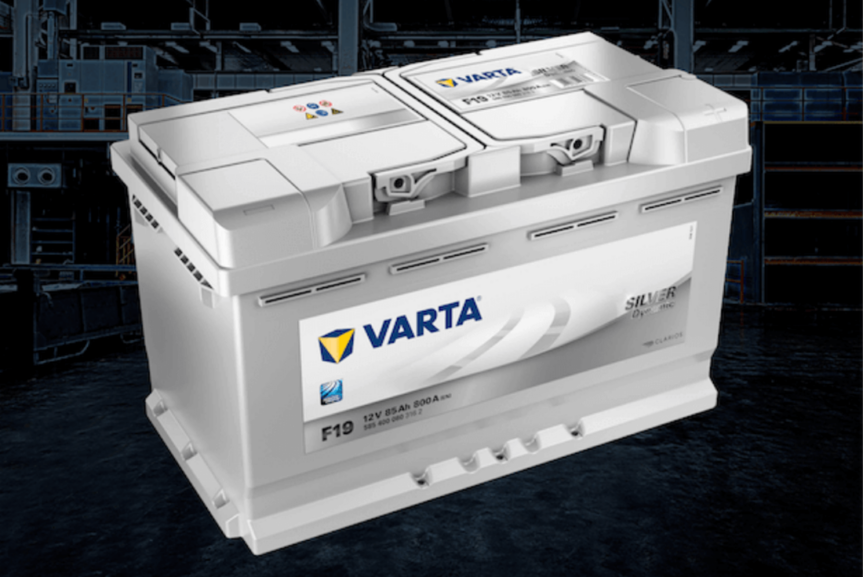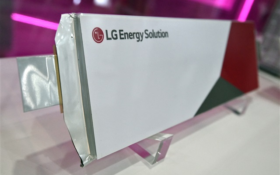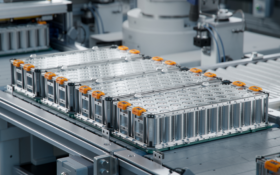Metal-hydrogen battery maker EnerVenue began its journey to disrupt lithium-ion’s dominance of the large-scale energy storage system market on 27 August with $12 million in seed funding.
The firm will use cash from two investors to accelerate development of technology tested in aerospace conditions— including powering the International Space Station and Hubble Space Telescope.
The California, US, firm hopes to bring metal-hydrogen batteries to the mass market due to its financial and performance advantages over lithium-ion and other renewable energy storage alternatives.
EnerVenue claims its metal-hydrogen batteries, developed for large-scale renewable and storage applications, can last more than 30 years, with cost-per-kilowatt-hour cycles as low as a penny.
The company also claims its battery has an operation range of -40° to 140°F ambient temperatures, a 30,000+ cycle life without degradation and deep-cycle capabilities. It also says the technology has a broad charge/discharge range of C/5 to 5C.
The company was founded by Dr. Yi Cui, a professor of Materials Science and Engineering at Stanford University.
Cui, also EnerVenue’s chairman of the board and chief technology advisor, said:
“As an example of metal hydrogen batteries, nickel-hydrogen batteries have proven to be an incredibly powerful energy storage technology— albeit an expensive one— for the aerospace industry over the past 40 years.
“The performance and longevity of nickel-hydrogen batteries is well-established and second to none. We’re now able to deliver the same performance and durability at a breakthrough competitive price using new low-cost materials.”
The seed round was led by Dr. Peter Lee, chairman of Hong Kong firm Towngas, and Doug Kimmelman, founder of Energy Capital Partners.
“Most analysts predict our overall energy mix shift to at least 75% renewable by 2050,” said Kimmelman. “The world has been assuming a major battery breakthrough to support that shift. EnerVenue will be one of the companies delivering the energy storage breakthroughs we need.”












